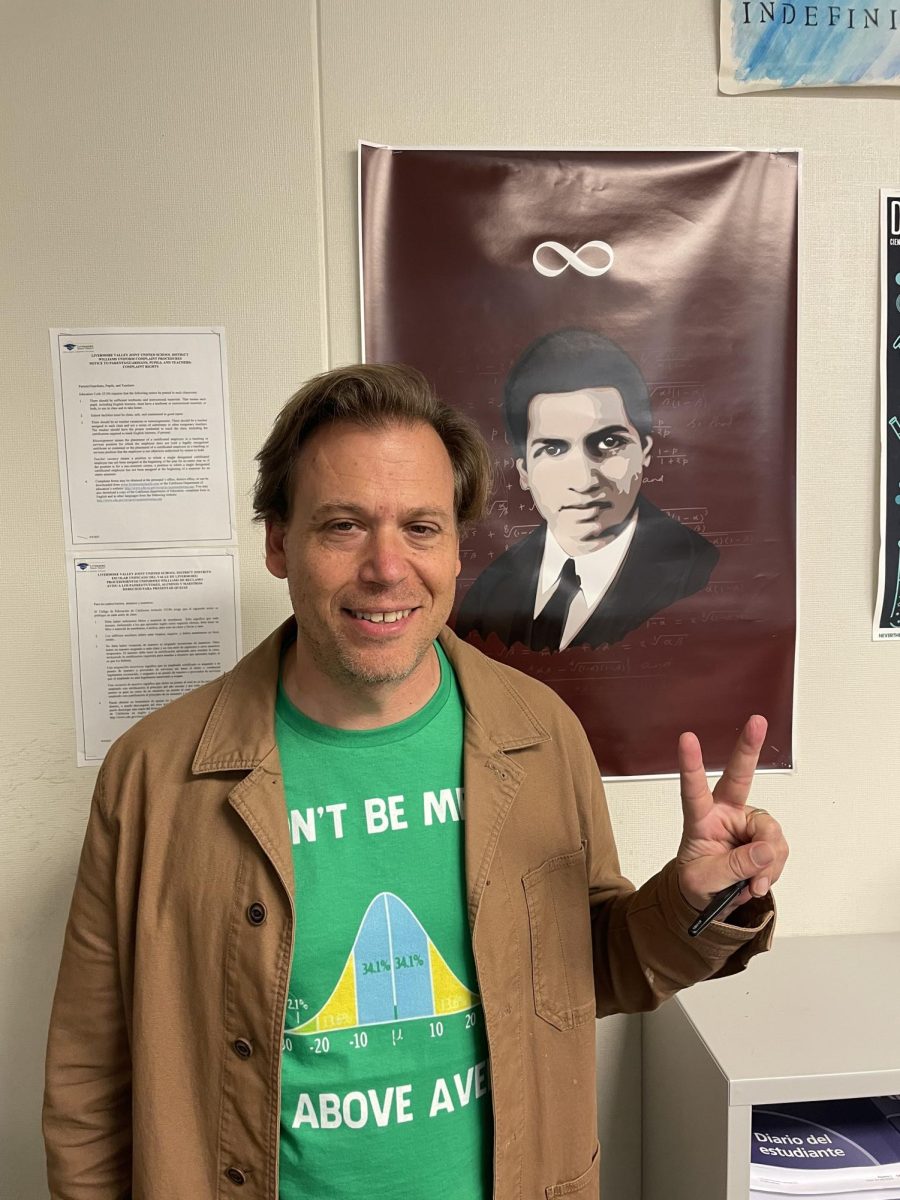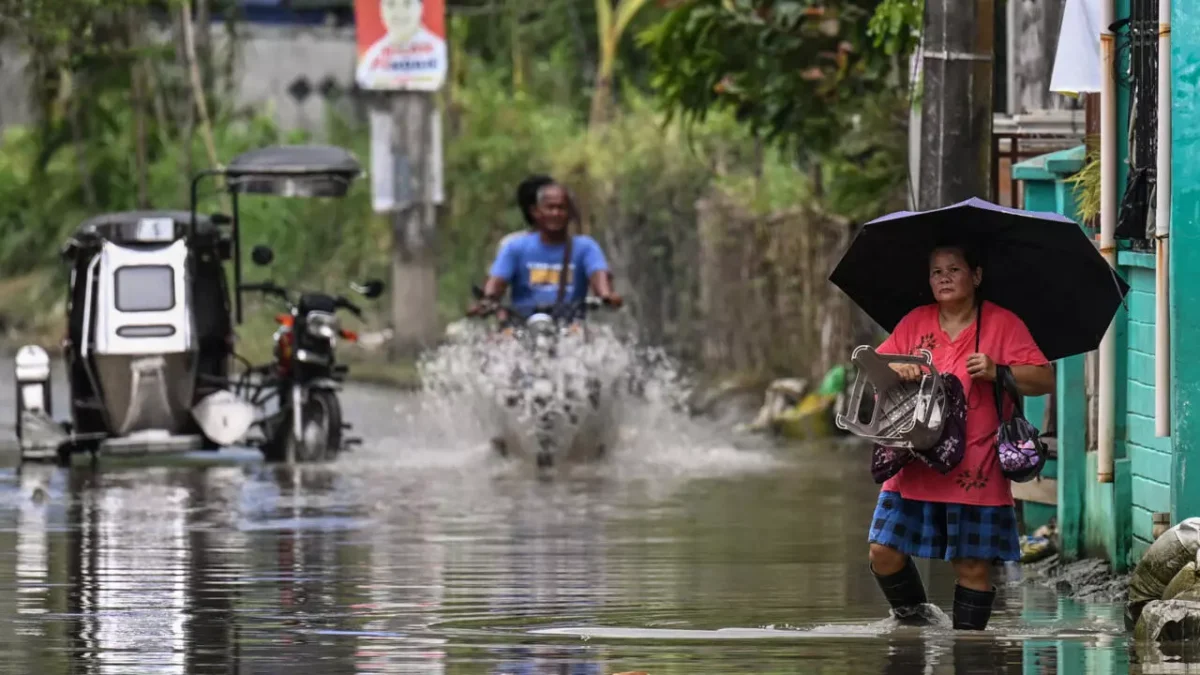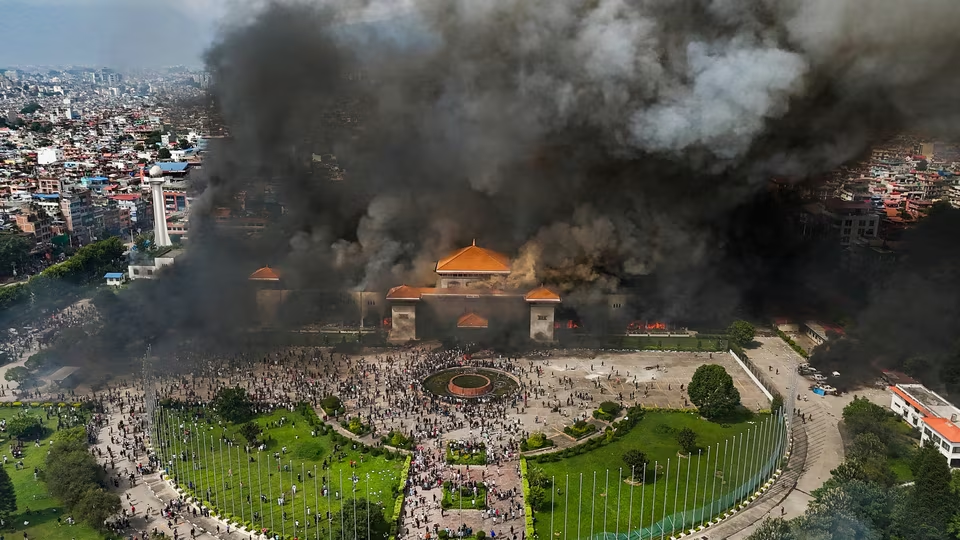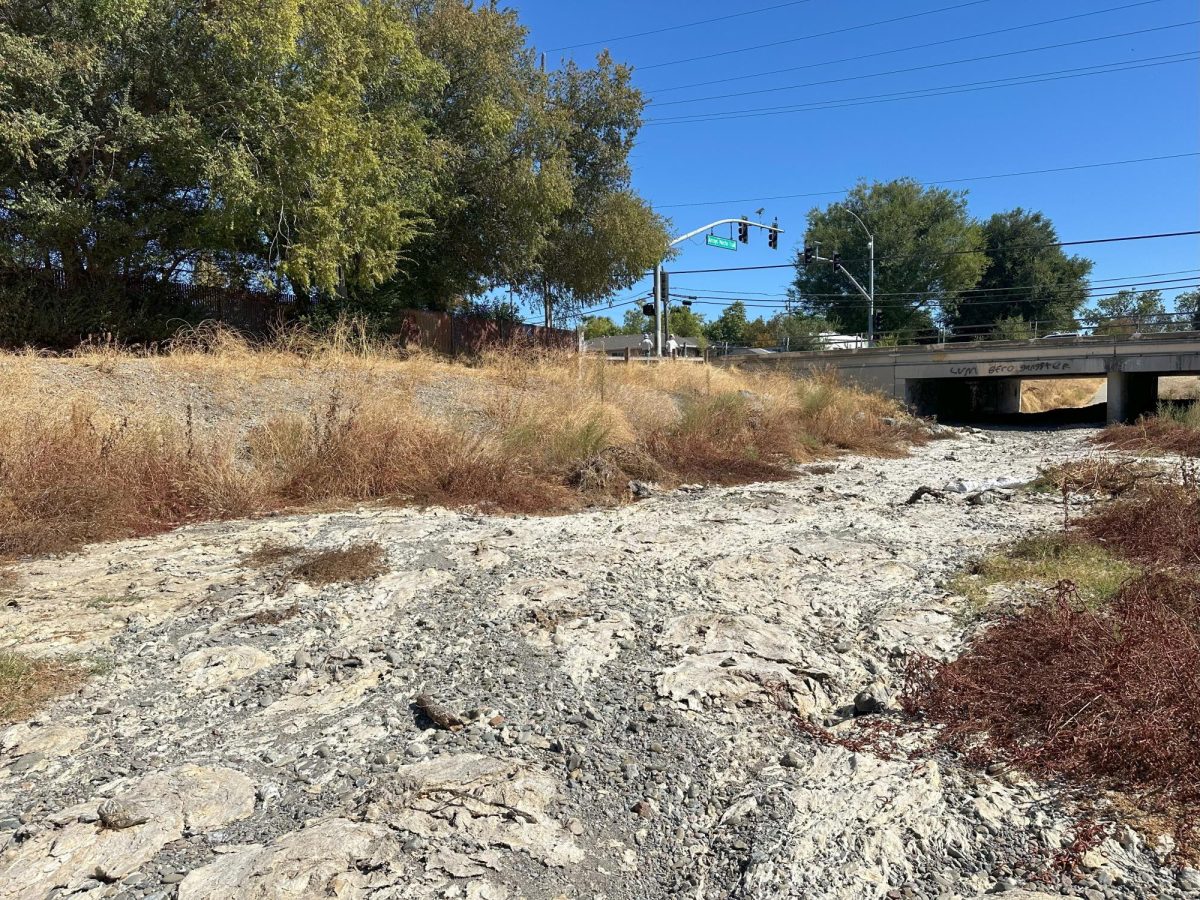The Philippines have been known to have problems dealing with the constant threat of floods from typhoons, especially during the typhoon season between June and November, with its more aggressive storms occurring between July and October.
Over the past few months, the Filipino Senate and the newly established Independent Commission for Infrastructure (ICI), established by President Ferdinand Marcos Jr., have been conducting ongoing investigations into allegations of nationwide fraud, unfinished construction, and delays involving government funded flood control projects across the Philippines.

These allegations appeared earlier this year when former engineers of projects, including Brice Ericson and Jaypee Mendoza, testified in front of the Senate Committee, claiming that many of the infrastructure projects were completed with low quality material or were never completed, as well as project funds used as bribes to officials and lawmakers as “fees.” These projects, called “ghost projects” have reports showing that 20-25% of the project cost was given up by contractors to secure government contracts, with these projects being overpriced or fake.
In recent years, from 2022 to 2025, the Department of Public Works and Highways (DPWH) has allocated 545 billion pesos for flood control; however, when an audit was conducted by the government, it was found that many of the projects lacked any valid documentation. This prompted President Ferdinand Marcos Jr. to condemn the corruption and sign an executive order to form the ICI to investigate these claims, while simultaneously the Commission on Audit (COA) had begun reviewing project records and conducting inspections on projects to verify its existence and quality.

With this exposure of misconduct, the public response has been very strong. Protests have erupted in major cities in the Philippines, with the most prominent movements being in Manila, where civic organizations, religious leaders, and even student bodies are demanding transparency, justice, and accountability from the government. Events such as the “Trillion Peso March” have drawn many similarities with past anti corruption movements in the nation.
Not only do these scandals rob the nation of its lost money, but they also put the citizens in danger with the lack of proper funding being allocated sufficiently into public safety, due to the lack of government accountability, which has left the future of the country in danger.
Investigation still continues with some officials having been suspended, and new project funding in affected areas is being paused. ICI will continue to share its preliminary findings within the year.




























